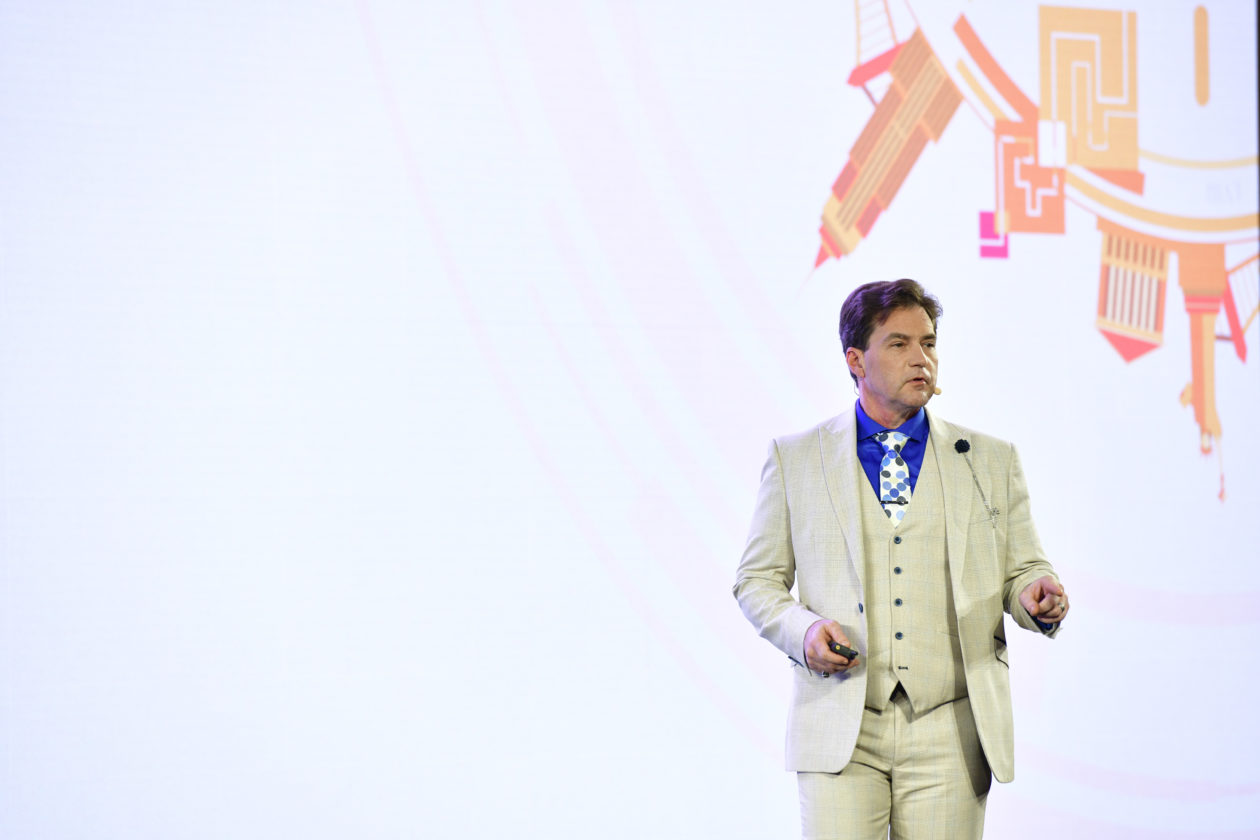The month-long trial filed by the estate of a computer forensics expert that accused his alleged former partner with stealing the intellectual property to create Bitcoin has ended with a federal civil jury in Miami clearing the defendant, Australian computer scientist Craig Wright, of nearly all charges, according to media reports. The jurors in federal court in Miami ordered Wright to pay US$100 million in damages, however, to a company begun by David Kleiman, who died in 2013.
Fast facts
- The complex trial focused on whether Wright and Kleiman had a partnership to mine Bitcoin, and therefore whether Kleiman’s estate had a right to half of the alleged 1 million Bitcoin mined.
- The jury effectively decided that Wright and Kleiman did not have a business partnership. But in ordering damages, it determined that Wright was guilty of conversion from W&K Info Defense Research, a company co-founded by Kleiman. In legal terms, a conversion occurs when a person without authority or permission intentionally takes someone else’s personal property.
- The question of whether Craig Wright is Satoshi Nakamoto, the pseudonymous inventor of Bitcoin, remains. Geoffrey Miller, Stuyvesant P. Comfort Professor of Law, who has co-taught Digital Currency, Blockchains and the Future of Financial Services at NYU School of Law for eight years, told Forkast.News, “The takeaway is that the jury is smoking out whether Wright is what he claims to be. At least whether he has access to this vast store of wealth. Either he has the money or he doesn’t have the money.” Miller adds that he cannot “mind read the jury” but is speculating based on its decisions relating to liability and damages.
- Many crypto enthusiasts believe Wright was proven to be an imposter when he declared in 2016 he would access Satoshi’s supposed 1 million Bitcoin, and then failed to follow through. If the damages could be paid in Bitcoin, Wright would need more than 2,000 Bitcoins at today’s value of US$49,000, to satisfy the jury’s verdict.
- In a video released on Twitter, Wright said, “This has been a remarkably good outcome, and I feel completely vindicated.”

